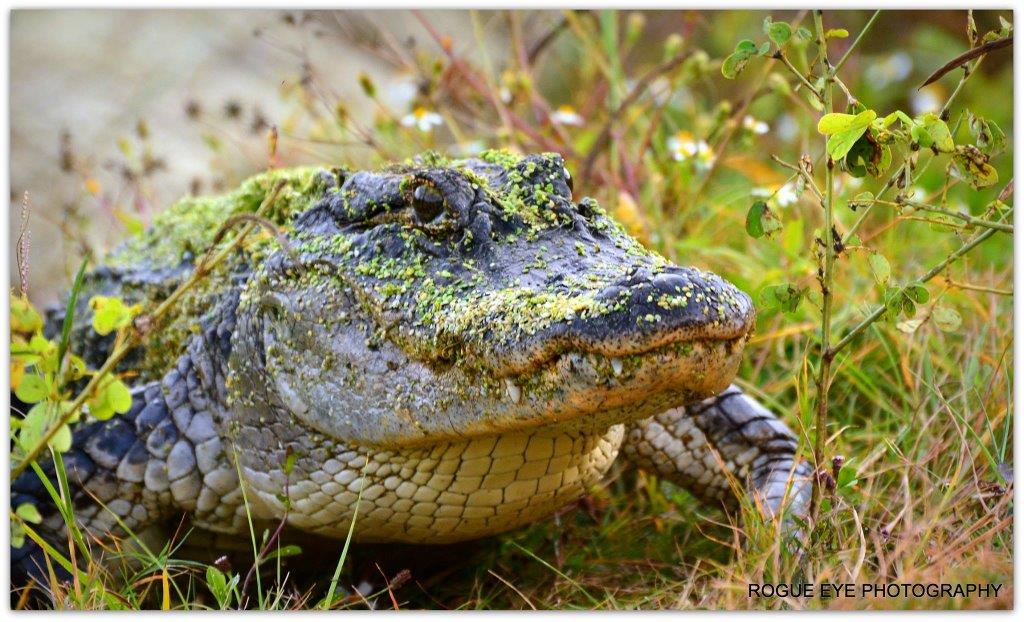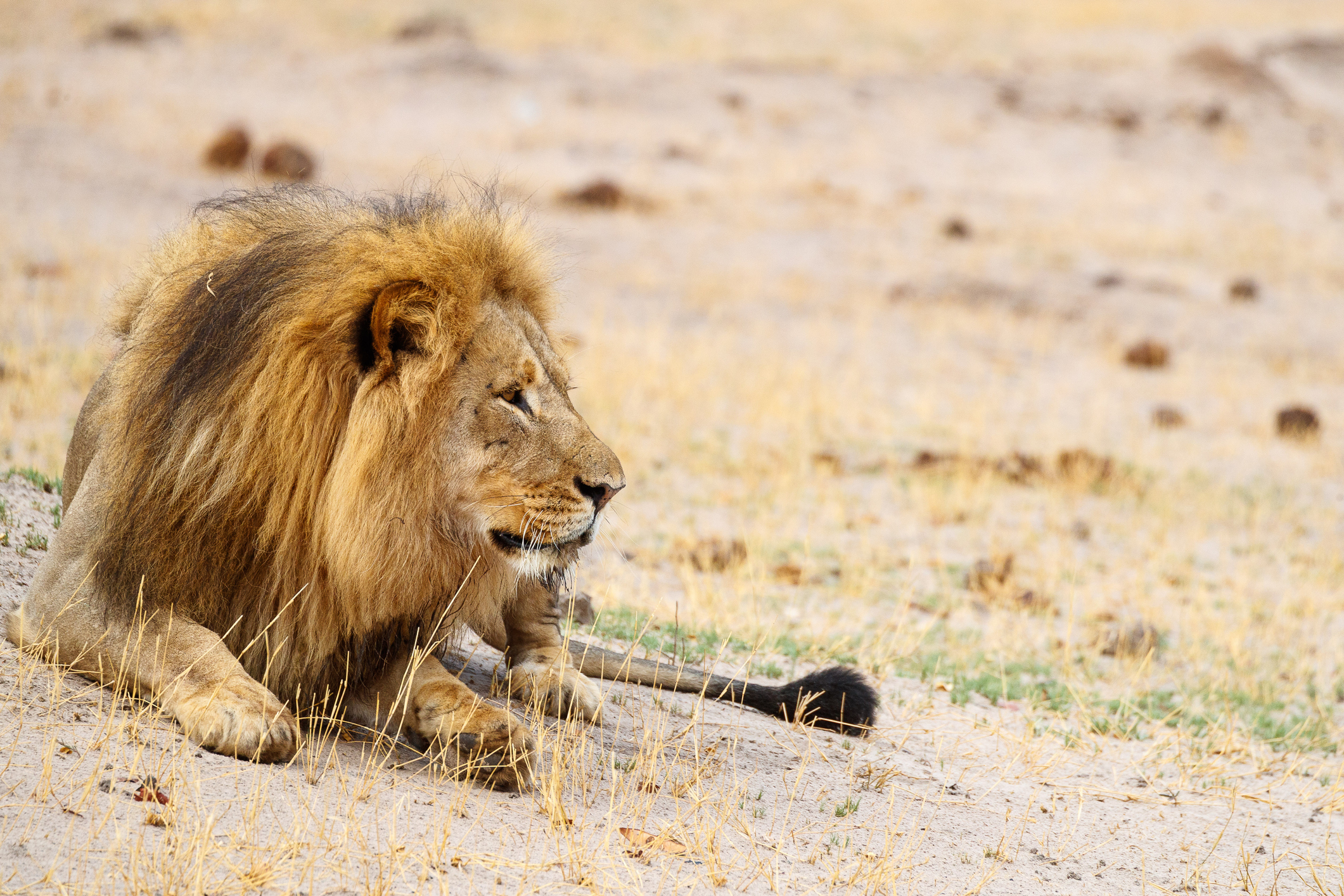Florida Alligator Targets Paddlers, Causing Officials to Close the Waterway

The U.S. Forest Service closed parts of the Juniper Springs Waterway in Marion County, Florida, on Monday, after a massive alligator started muscling in on paddlers.
Officials estimate the aggressive male gator to be between 13 and 14 feet long and say it has “actively made contact with canoes and kayaks,” which is an official way of saying it’s been body-checking boats in the area.
Alligator mating season in the Sunshine State runs from April through June. This time of year, gators are more likely to act aggressively.
The closure affects the waterway put-in for paddlers, the scenic Juniper Run, and the take-out point near Florida State Road 19. The stretch is a narrow, winding waterway and a well-known destination for kayaking and canoeing in Ocala National Forest The Juniper Springs Nature Trail, which is part footpath and part boardwalk, is also off limits for now.
“To help prevent human interaction and disruption, the Forest Supervisor and Ocala district ranger decided to give this alligator his space for the time being,” the USFS wrote in a Facebook post.
While none of the encounters with paddlers have yet resulted in injuries, the aggressive behavior comes on the heels of a deadly alligator attack in Lake Kissimmee. Cynthia Diekema, 61, of Davenport, Florida, was canoeing with her husband on May 6 when their boat bumped the animal. Contact with the gator caused a reaction that ended with Diekema in the water on top of the alligator. The gator then bit her. Diekema’s husband, who also ended up in the water, attempted to help her. Her body was later recovered, and she was declared dead on the scene.
Read Next: This Texas Boot Company Is Charging $5K for Cowboy Boots. The Fee Includes a Gator Hunt
While alligator attacks on humans are relatively rare, they are not unheard of. Over 450 alligator attacks have been documented by the Florida Fish and Wildlife Conservation Commission since 1941. Thirty of those attacks were fatal. According to a study published in April in the journal Human-Wildlife Interactions, 96 percent of recorded gator attacks were caused by risky human behavior, such as cannonballing into a pond where big gators like to swim.
Read the full article here









